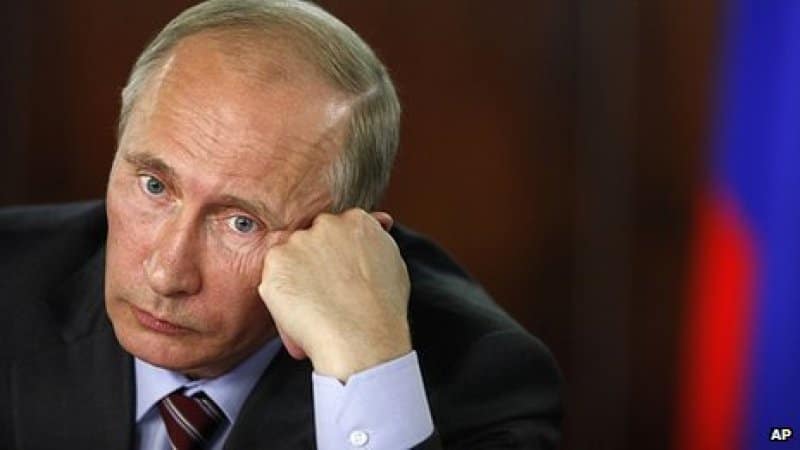On Thursday the UK, Netherlands, US, and Canada all accused Russia’s military intelligence officials of a series of cyber-operations trying to steal information from targets in Western Europe and America.
The operations were part of Russia’s “information warfare” and covert operations, including attempted assassination, on a number of fronts.
Targets included the Organization for the Prohibition of Chemical Weapons in The Hague, of interest because of its investigation both of the claimed Russian nerve agent attack in Salisbury, England in March, and of the chlorine and sarin attacks of Syria’s Assad regime — propped up by Moscow. The Dutch expelled four Russian officers of the GRU military intelligence service.
The Netherlands also said a laptop seized from the GRU officers was used to target the investigation into the downing of Malaysia Airlines flight MH17 in 2014, killing 298 people, by Russian-backed rebels in eastern Ukraine.
The UK said the Russians had tried to infiltrate the Porton Down chemical agents facility — which was also examining the Salisbury attack — the UK Foreign Office, firms in Russia and Ukraine, the US Democratic Party, and a small UK television network.
The US Justice Department said the Russians tried to infiltrate the US Anti-Doping Agency — amid an Olympics ban on Russian athletes over systemic State-organized violations — football’s governing body FIFA, and the US nuclear company Westinghouse.
Canada said “with high confidence” that Russian intelligence caused breaches at its centre for ethics in sports and at the Montreal-based World Anti-Doping Agency.
Listen to Discussion with Eamonn Holmes on talkRADIO from 5:59 in 1700-1730 Segment
This is all part of “hybrid warfare” which is not fought on the battlefield but through broadcast outlets and on the Internet.
Listen to Discussion with Richard Madeley on talkRADIO from 7:33 in 0630-0700 Segment
A chat which includes the question: Should the US, UK, and others retaliate with cyber-attacks on Russia infrastructure? Should they even pursue “regime change”? And it ponders why Vladimir Putin and his intelligence services appear to have been bumbling in this case.
In the 21st century, you can carry out cyber-operations but there are also a lot of people who can catch you doing that because of the information via the Internet.
Vladimir Putin, who has been quite skillful tactically, got overconfident and too cocky here.
Listen to BBC Kent/b>
The cutting edge now is economic sanctions against Russia.


So spy agencies doing their job . The Snowden relevantions showed that this is no different to the activities the NSA carry out any day of the week.